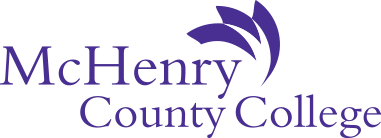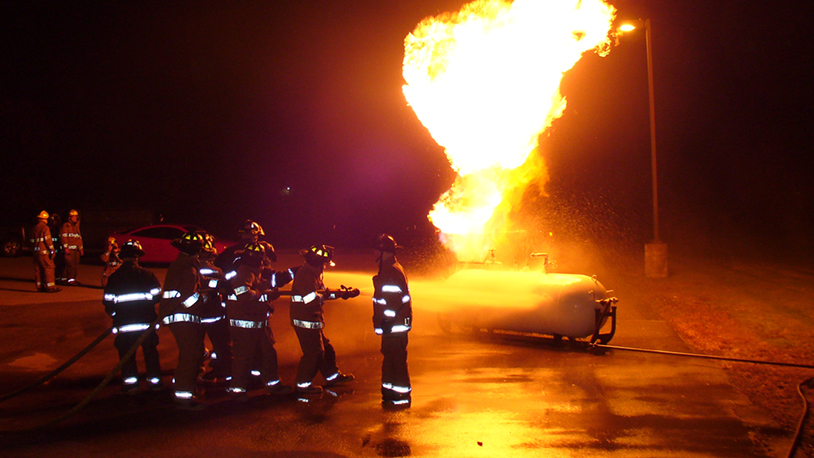Fire Science, AAS
Fire service personnel perform the critical work of saving lives and protecting property. This work can be exciting and rewarding, but it is carried out in difficult, often life-threatening conditions and requires highly trained, physically fit professionals. It also requires an increasing level of technical knowledge, including principles of building construction and design, chemicals and codes, and modern methods of extinguishing a fire.
MCC's Fire Science Program provides opportunities for a range of students and working professionals in this field:
- Students preparing for a career in fire suppression develop the skills and knowledge for an entry-level position. The program includes a balance of classroom sessions and practical hands-on training.
- Career and volunteer firefighters increase their knowledge, upgrade their job skills, and enhance their personal growth. The program also offers instruction in fire service management and operations.
- Students and professionals in related fields—e.g., fire protection engineering, insurance investigations, and inspection services, and fire service instruction/training— expand their knowledge base through this program.
Students who plan to pursue a bachelor’s degree may take advantage of transfer opportunities with Southern Illinois University Carbondale and Western Illinois University. Since these baccalaureate programs have specific course and admission requirements, interested students need to work with the department chair and academic advisors.
Note: We strongly recommend meeting with the department chair before enrolling.
Contact (815) 455-8690 with specific questions about this program.
(in-district) Total Amount: $11,513
Credit Hours to Complete: 60
Weeks to Complete: 80
Sample Semester 1 16 Credit Hours
-
COURSE LIST
Course Ids: ENG-151 | ENG 105#3 hrs,MAT-150#3 hrs,EMS-105#3 hrs,FRS-101#3 hrs,SPE-151#3 hrs,MCC-101#1 hr
Sample Semester 2 15 Credit Hours
-
COURSE LIST
Course Ids: Select a Humanities or Fine Arts Class#3 hrs,BIO-110#3 hrs,FRS-240#3 hrs,FRS-122#3 hrs,FRS-123#3 hrs

